Buy Femara : Letrozole 2.5 mg Tablet 30’S Online
$38.38
Brand Name : Femara
Composition : Letrozole
Manufactured by : Novartis Pharma
Strength : 2.5mg
Form : Tablet
Packing : Pack of 30 Tablets
Prescription Required *
Femara is a prescription medication that contains Letrozole as the active ingredient. It is manufactured by Novartis Pharma and comes in the form of tablets. The medication is used for the treatment of breast cancer in postmenopausal women who have already undergone surgery.
Uses:
Femara is primarily used as adjuvant treatment (treatment to follow primary treatment such as surgery) of hormone receptor-positive early breast cancer in postmenopausal women. The medication works by reducing the production of estrogen, which is essential for the growth and development of breast cancer cells in postmenopausal women.
How to Use:
Femara should be taken exactly as prescribed by the healthcare provider. The tablet should be swallowed whole with water and should not be crushed or chewed. It can be taken with or without food. The dosage and duration of treatment may vary depending on the patient’s condition and response to the treatment.
Storage Conditions:
Femara tablets should be stored at room temperature, away from direct sunlight, moisture, and heat. It should be stored out of the reach of children and pets. The medication should be used before the expiration date mentioned on the packaging.
Mechanism of Action:
Letrozole, the active ingredient in Femara, works by blocking the enzyme aromatase, which is responsible for converting certain hormones into estrogen in postmenopausal women. By reducing the production of estrogen, Femara helps to slow or stop the growth of hormone receptor-positive breast cancer cells.
Precautions:
Before taking Femara, it is important to inform the healthcare provider about any known allergies, medical conditions, or medications currently being taken. Patients with osteoporosis or a history of liver disease should be carefully monitored while taking this medication.
Contraindications:
Femara is contraindicated in premenopausal women, women who are pregnant or breastfeeding, and women with a history of hypersensitivity to Letrozole or any other components of the medication.
Drug Interactions:
Femara may interact with certain medications such as tamoxifen and estrogen supplements. It is important to inform the healthcare provider about all medications being taken to avoid potential drug interactions.
Overdose:
In case of an overdose of Femara, immediate medical attention should be sought. The symptoms of overdose may include stomach pain, nausea, vomiting, and dizziness.
Side Effects:
Common side effects of Femara include hot flashes, bone pain, and joint pain. Other less common side effects may include increased sweating, fatigue, and hair loss. It is important to seek medical advice if any severe or persistent side effects occur.
Be the first to review “Buy Femara : Letrozole 2.5 mg Tablet 30’S Online” Cancel reply
Related products
Anti Cancer
Anti Cancer
Anti Cancer
Anti Cancer
Anti Cancer


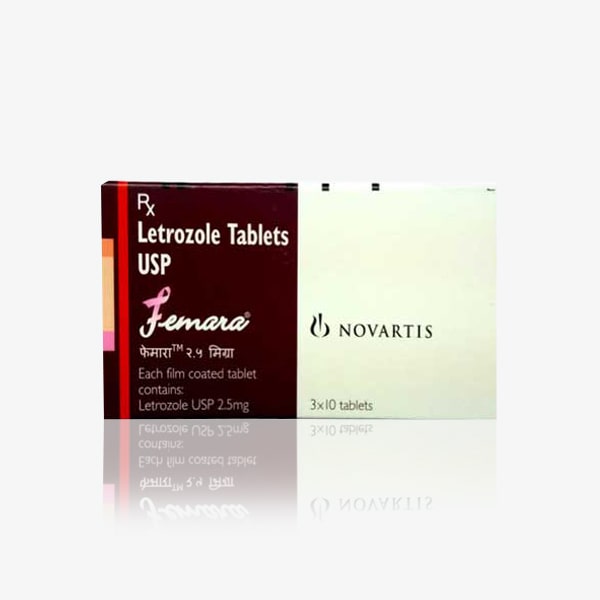




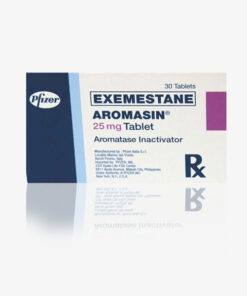

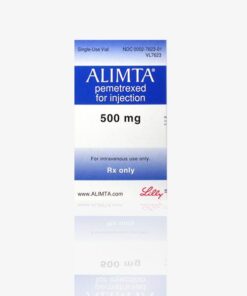

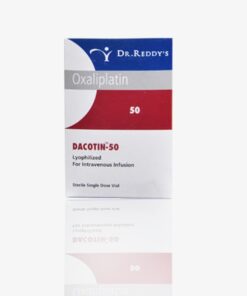
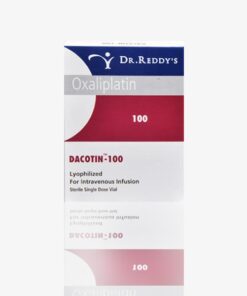
Reviews
There are no reviews yet.